Every vitamin is important for our body, but some vitamins have so many functions that we automatically assign them a higher place in the vitamin hierarchy. And so it is with the so-called sunshine vitamin. Vitamin D is one of the most important nutrients - essential for bone health, immunity, the nervous system. In Poland and many other countries with temperate climates, deficiencies of this vitamin are very common, especially in the autumn and winter. Is vitamin D supplementation necessary? What dose of vitamin D can be considered sufficient? Supplementation can prompt many questions. Fortunately, we know the answers to them.
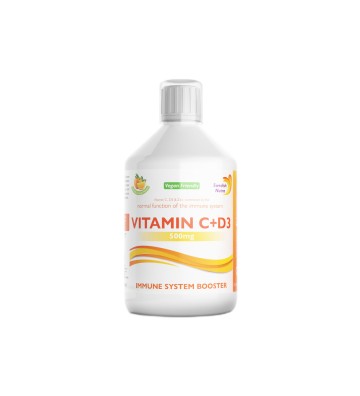 Vitamins and minerals
Vitamins and minerals
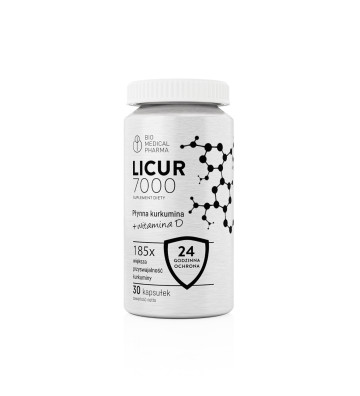 Immunity
Immunity
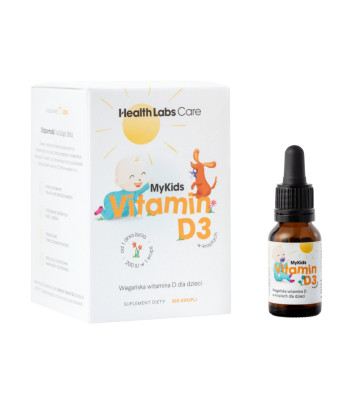 Immunity
Immunity
-12%
New
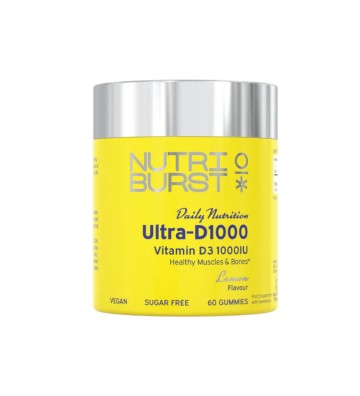 Bones and joints
Bones and joints
-10%
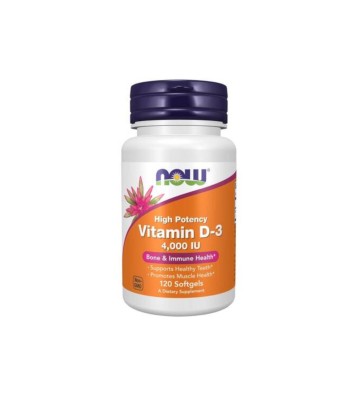 Immunity
Immunity
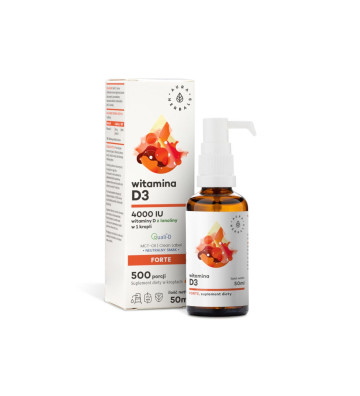 Immunity
Immunity
-5%
Vitamin D3 4000 IU, MCT, drops 50ml
Regular price
31.90 zł
Price
30.31 zł
The lowest price in the 30-day period before the reduction: 30.31 zł
60.61 zł / 100ml
Availability: 24 In Stock
Vitamin D supplementation - guidelines 2025
The dose of vitamin D for an adult and for a child differs - quite obviously. But age is not the only determinant here. Body weight, lifestyle, seasons or health issues also play a role in supplementation. What do the latest guidelines say?
- Infants (up to 6 months of age) - 400 IU regardless of season.
- Infants (6 to 12 months) - 400-600 IU regardless of season.
- Children (one year to 10 years) - 600-1000 IU all year round if there is a lack of adequate sun exposure.
- Adolescents (11 to 18 years) - 800-2000 IU all year round if there is a lack of adequate sun exposure. Otherwise from October to April.
- Adults (up to age 65) - 800-2000 IU all year round if lack of adequate sun exposure. In other cases from October to April.
- Seniors (over 65) - 1000-2000 IU all year round.
- Pregnant and lactating women - 1500-2000 IU all year round.
The maximum dose of vitamin D is therefore 2,000 IU, and this only applies from the age of 11. It is worth knowing about this, also in the context of the risk of overdose.
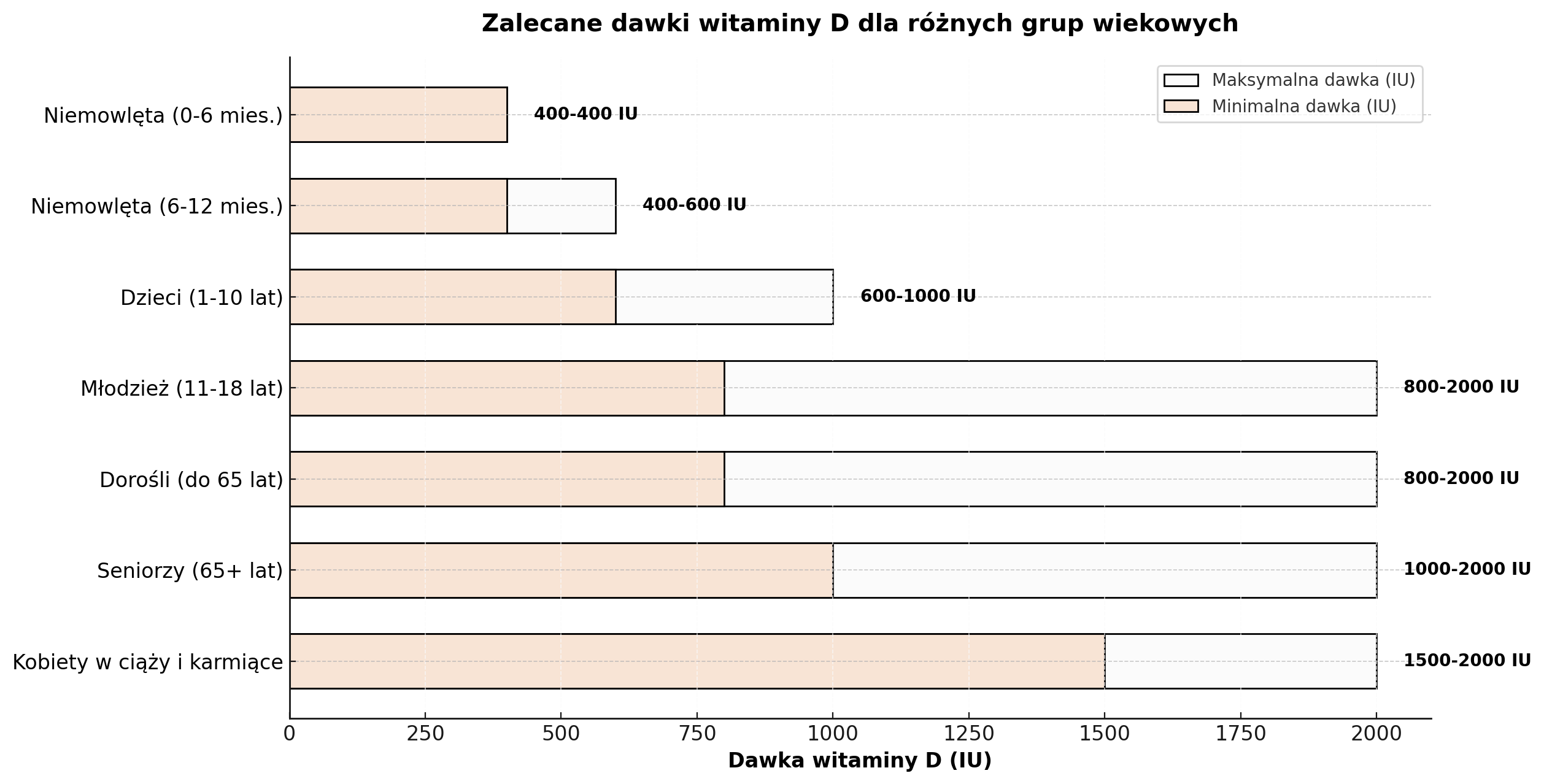
Vitamin D supplementation and the time of year
Should vitamin D supplementation depend on the season? Yes! From October to April in our latitude, skin synthesis of vitamin D is virtually zero. During this period, supplementation is necessary for most people to avoid the risk of deficiency. From May to September, synthesis can be sufficient, but only under specific conditions - it is necessary to stay in the sun for at least 30 minutes, exposing as much skin as possible.
Vitamin D in summer is needed if you stay indoors from 10:00 am to 3:00 pm. It is during this time that exposure is most effective.
A vitamin D supplement may therefore also be necessary in summer and spring.
Vitamin D supplementation for deficiencies. What are they associated with?
Up to 90% of the population may suffer from vitamin D deficiency
[1]. In Poland, this is especially true during autumn and winter, when synthesis from the sun is difficult. What can be the consequences of deficiency? What is it associated with? Above all, it's weakened bones and therefore a higher risk of osteoporosis and fractures. Extremely problematic for the elderly, but also for children, whose skeletal system is still developing. Vitamin D deficiency also means more frequent infections, colds, due to weaker immunity, as well as chronic fatigue, problems with concentration. Low levels of vitamin D in the blood can also manifest as a worsening of mood and even an increased risk of depression and anxiety. It affects so many systems, so many activities on the part of the body, that a deficiency can cause considerable health problems.
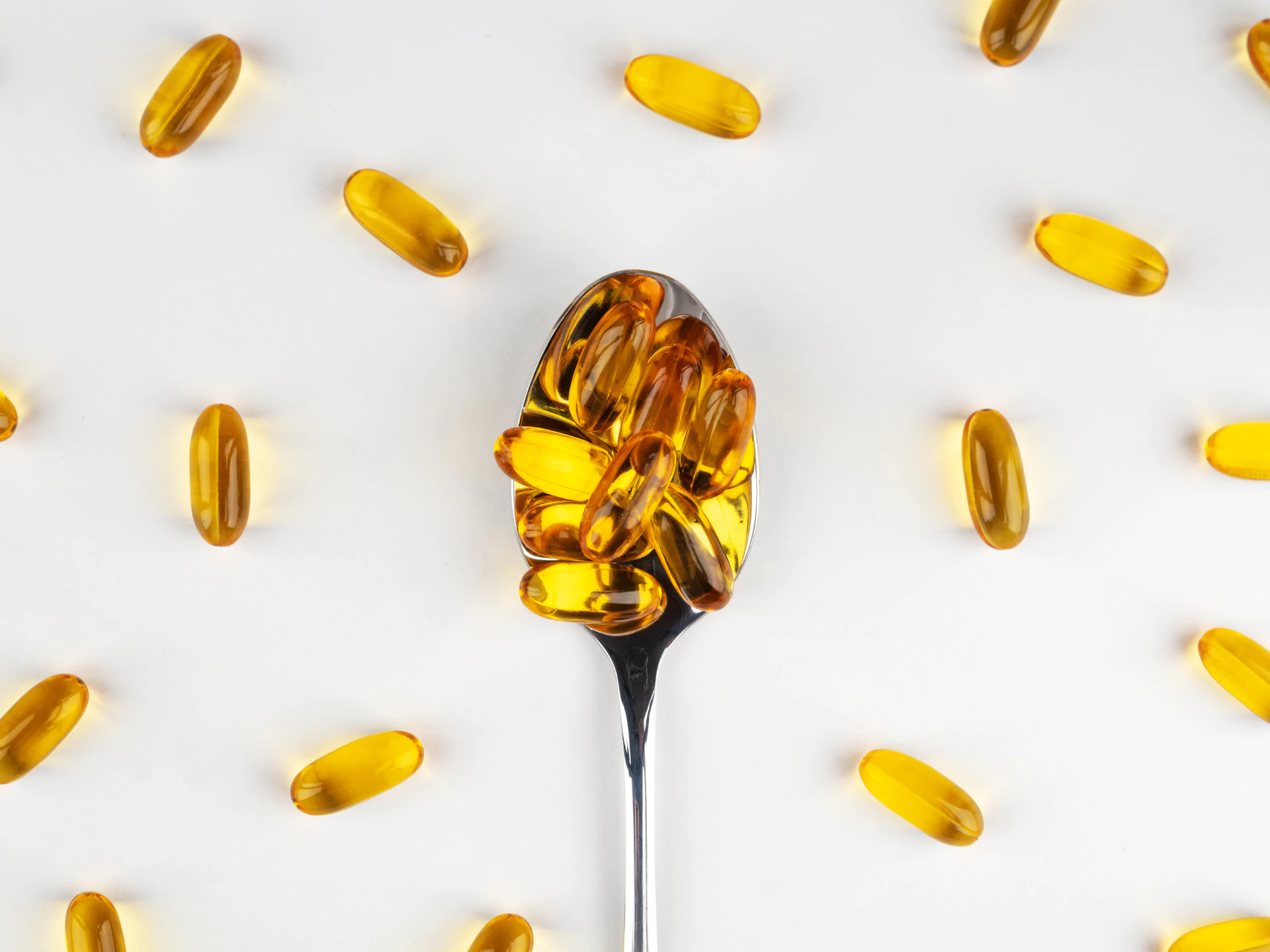
Vitamin D supplementation - why is it needed?
Although our body can synthesize vitamin D when exposed to the sun, the reality is that many people don't get enough of it for themselves. Therefore, supplements are the best way to minimize the risk of deficiency. In Poland, this is primarily due to the climate - from October to April, the sun is not high enough in the sky to provide high levels of UVB radiation. However, this is not the only reason why this supplementation is advisable not only in winter, but also in summer. For successful synthesis, we need to ensure exposure of the face, arms and legs preferably between 10:00 a.m. and 3:00 p.m. This is difficult, even for half an hour - we are usually at work or school during this time. So it's no wonder that doctors recommend vitamin D supplementation all year round. For mental health, strong bones and teeth and a strong immune system.
Is it possible to overdose on vitamin D?
Yes, although it is quite rare. 4,000 IU is a safe limit for adults, and it is worth sticking to a maximum of just that amount. Overdosing can lead to hypercalcemia - excess calcium in the blood. This in turn manifests itself in nausea, weakness and, over time, kidney problems. Although vitamin D is essential for life, excess can be harmful.
Vitamin D supplementation is essential during autumn and winter. But not only - for many groups it is advisable to supplement it regardless of the season. It's good practice to always check your blood vitamin D levels to decide with your doctor which supplementation regimen will be optimal just for you.
Source





 THEGLOOW.COM specialists
THEGLOOW.COM specialists
 Responsible supplementation - the key to individual success
Responsible supplementation - the key to individual success
 A healthy lifestyle is a kind of balance. Agnieszka Woźniak-Starak
A healthy lifestyle is a kind of balance. Agnieszka Woźniak-Starak